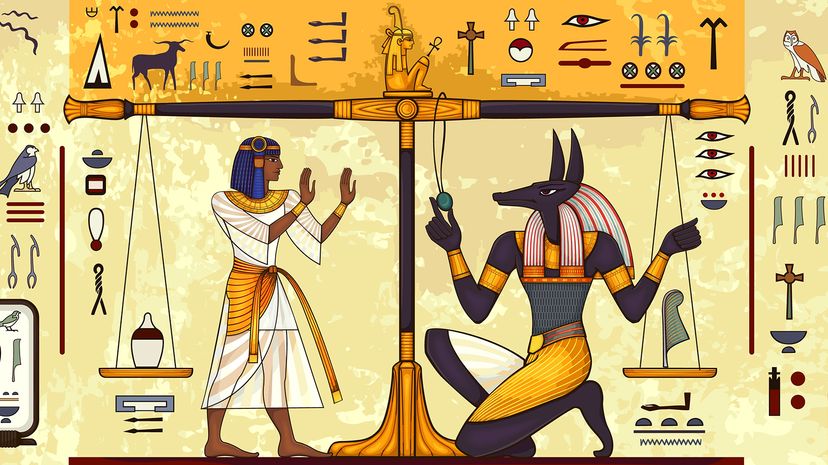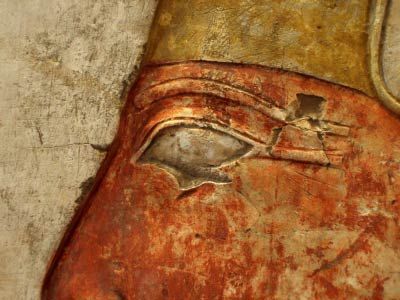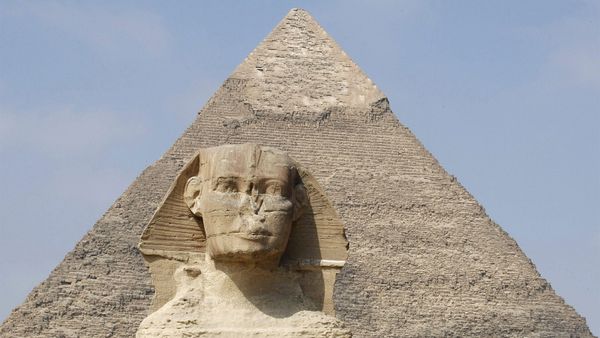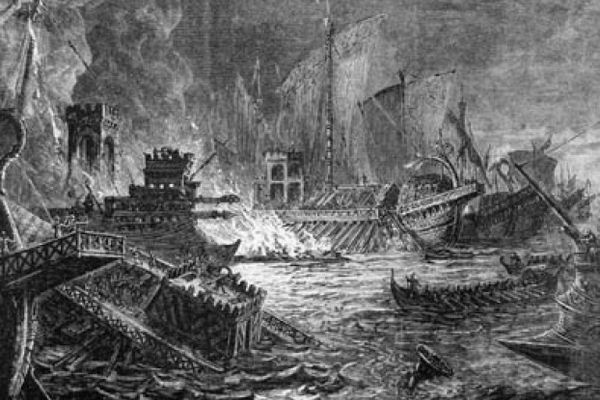
Key Takeaways
- Anubis, the jackal-headed god, was a crucial figure in ancient Egyptian beliefs about the afterlife, guiding souls through the underworld filled with obstacles and challenges.
- Initially a ruler of the underworld, Anubis was later overshadowed by Osiris but remained a key deity in death rituals, overseeing mummification and judging souls in the Hall of Truth.
- Anubis played multiple roles, including protecting tombs from looters, supervising mummification rituals and weighing hearts to determine if souls were worthy of eternal paradise.
People in ancient Egypt constantly theorized about what happened to the souls of the dead in the afterlife, with most of the afterlife theories revolved around a soul's journey through the underworld or Duat.
Ancient Egyptians believed the odyssey was filled with obstacles and challenges, so many prayed to Anubis, god of the underworld, for protection and guidance along the way.
Advertisement
Anubis is one of the most important gods in the Egyptian pantheon — not just for his service to mankind but also for his long tenure as a pillar of the religion from its earliest inception.


